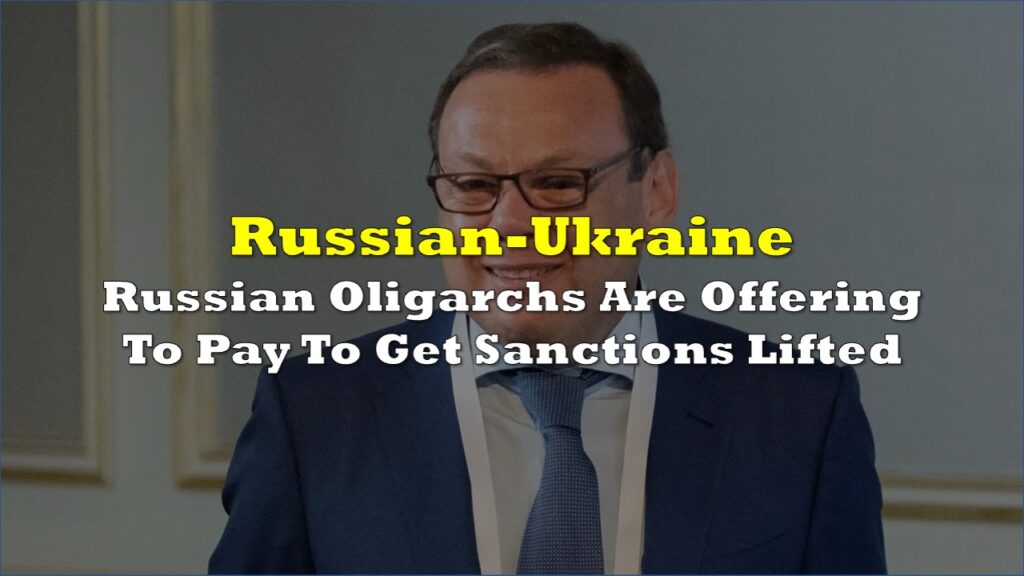With the prices of energy resources set to further spike amid the ongoing Russia-Ukraine war, hiking inflation rates, and Moscow’s supply route standoff with Kazakhstan, primary gas state consumers are looking for ways to alleviate the rising local prices.
For its part, Germany is planning to restart its coal-fired power plants to conserve its natural gas supplies.
This follows after Russia finally turned off its energy tap on its major European clients, including Italy and France. Moscow also recently limited the oil resources flowing to the European Union states from Kazakhstan by putting a stronger route chokehold on the port that holds the shipment to the west.
JUST IN: Like Germany & Italy, Russia has finally cut off gas supply to France! Operator of French gas transmission network, GRTgaz has announced it hasn’t received Russian gas since June 15. France relies on Russia for 17% of its natural gas needs. Germans advised to save gas. pic.twitter.com/54XWvGladk
— Joseph C. Okechukwu (@jcokechukwu) June 17, 2022
The Netherlands is following suit, running its coal plants at full capacity again as the supply from Russia continues to dwindle following the sanctions imposed on it due to the ongoing war in Eastern Europe.
Breaking – Netherlands allows coal-fired power stations to run at full speed again as gas supplies from Russia drop due to the war in Ukraine – @AFP
— Danny Kemp (@dannyctkemp) June 20, 2022
Germany, Russia’s biggest EU gas customer, has been finding ways how to replace the huge supply deficit coming from halting Russian gas imports. Deutsche Bank CEO Christian Sewing earlier forecasted that the country would potentially head for a recession “if imports or supplies of Russian oil and natural gas were to be halted.”
Earlier this year, Berlin shunned calls to revive its nuclear energy industry and stop decommissioning plants. Economy Minister Robert Habeck said that the country instead should focus on building an LNG terminal.
Fascinating that Germany is willing to take this step – with all its implications for going backwards on global warming commitments – but won’t consider (so far) halting the decommissioning of nuclear power plants. https://t.co/osGmiihJLN
— David Sanger (@SangerNYT) June 21, 2022
The move also comes on the heels of the inked tripartite agreement among EU, Israel, and Egypt, opening Tel Aviv’s oil exports to the European states for the first time.
Wait a minute… so,EU won't buy gas fm #Russia bcz it's occupies Ukrainian lands & committing war crimes so instead it ll buy gas fm #Israel that occupies Palestinian lands & committing war crimes against daily.
— Abier (@abierkhatib) June 15, 2022
It would be a lol moment if it wasn’t so egregiously disgusting. pic.twitter.com/yNPp641MFf
Further west, US President Joe Biden is said to have been reopening the possibility of distributing gas rebate cards to alleviate the increasing prices. Treasury Secretary Janet Yellen herself that the idea is “certainly worth considering.”
“If Congress will work with [Biden] to enact some of the administration’s programs, we can bring down other costs that are burdening households,” Yellen said.
The rebate card idea has been met with some criticisms on its possible implementation mechanics, saying the chip shortage would cause card production concerns while others are wary that some Americans might not use the rebates for their intended purpose.
Earlier this month, Biden demanded American oil producers inject more output into the local market as part of their “patriotic duty.” Aside from US Energy Information Administration records showing that local production is on a steady rise, oil firms have pushed the argument back to the White House and its discouraging policies on building oil refineries.
Information for this briefing was found via The New York Times, Aljazeera, and Newsweek. The author has no securities or affiliations related to this organization. Not a recommendation to buy or sell. Always do additional research and consult a professional before purchasing a security. The author holds no licenses.











